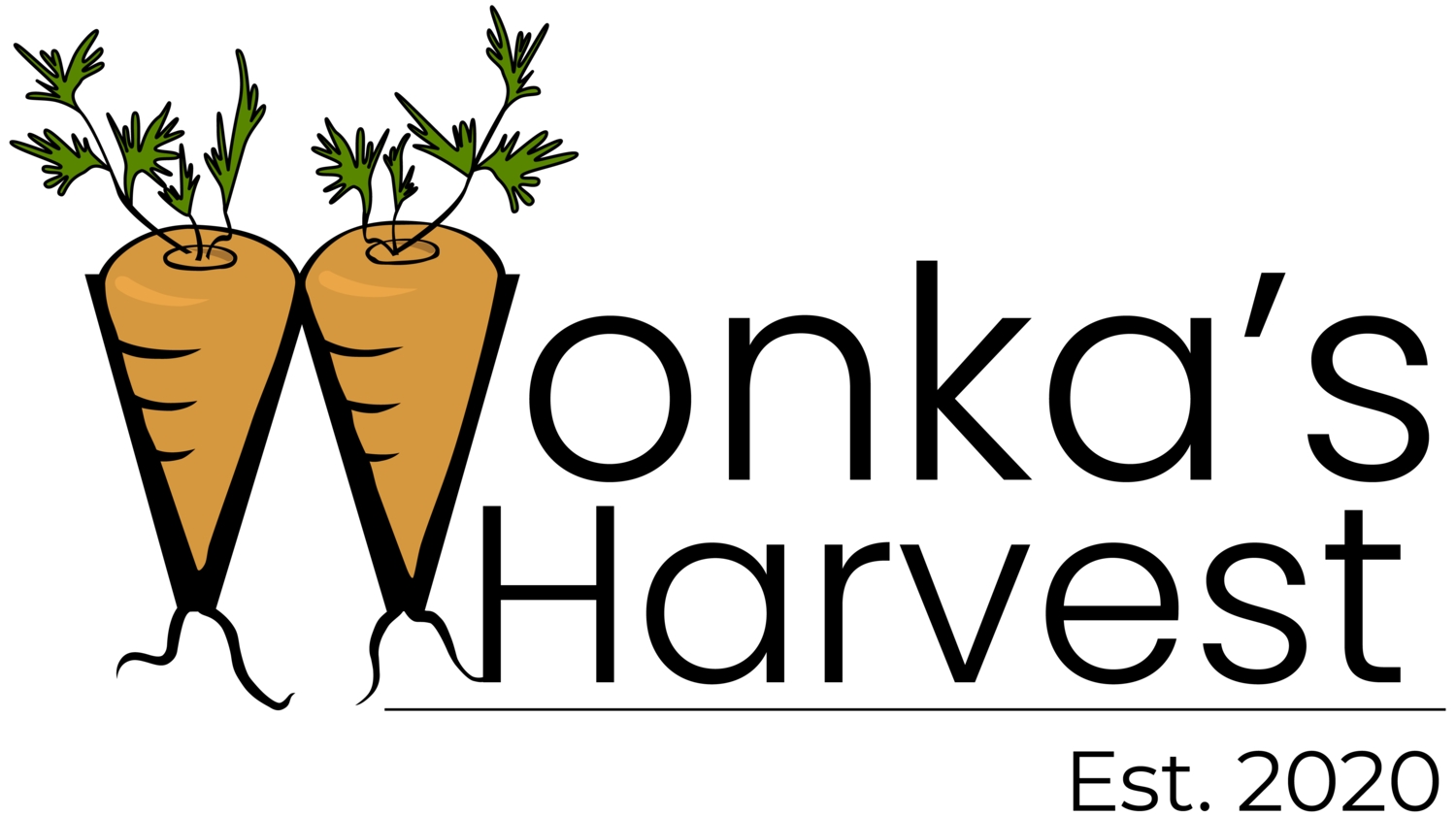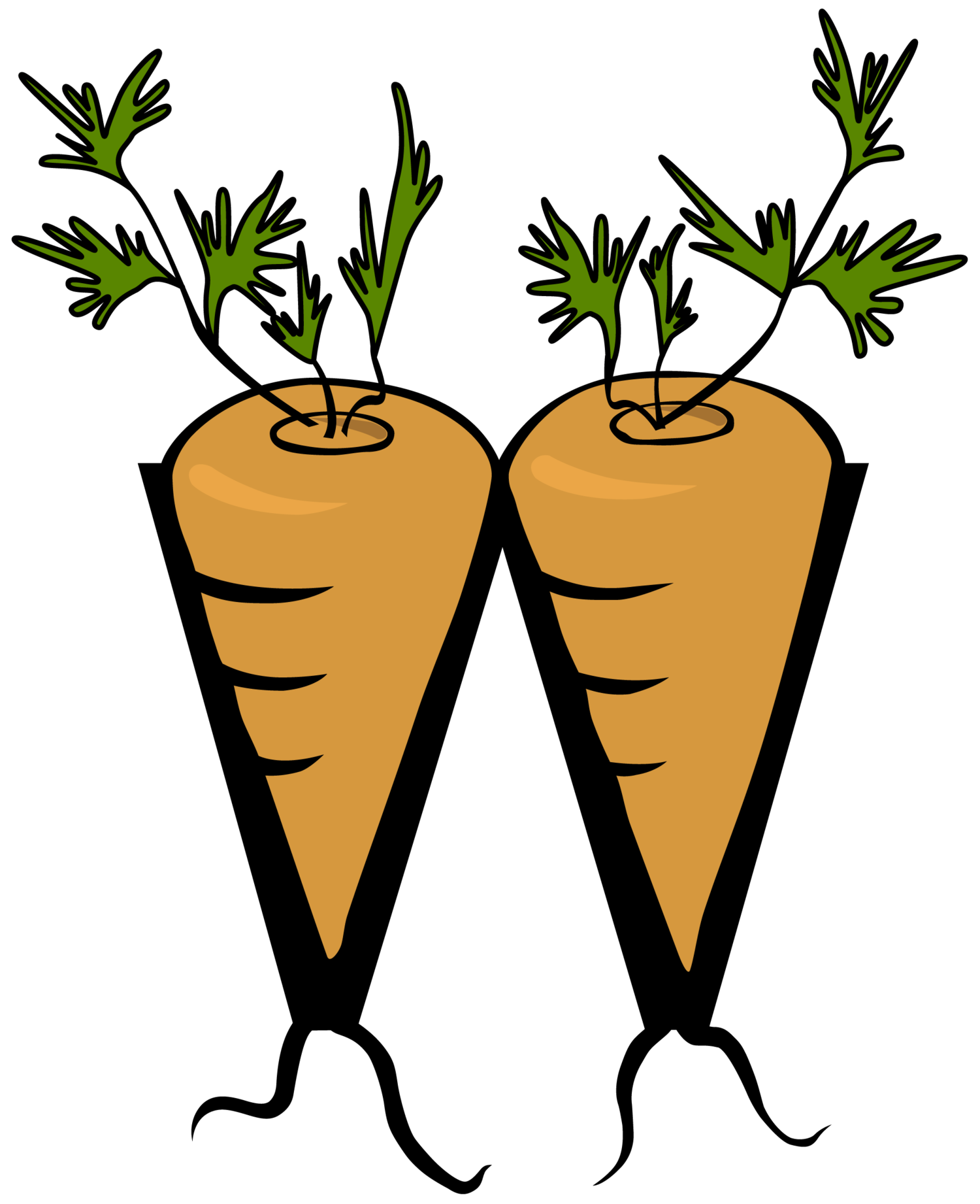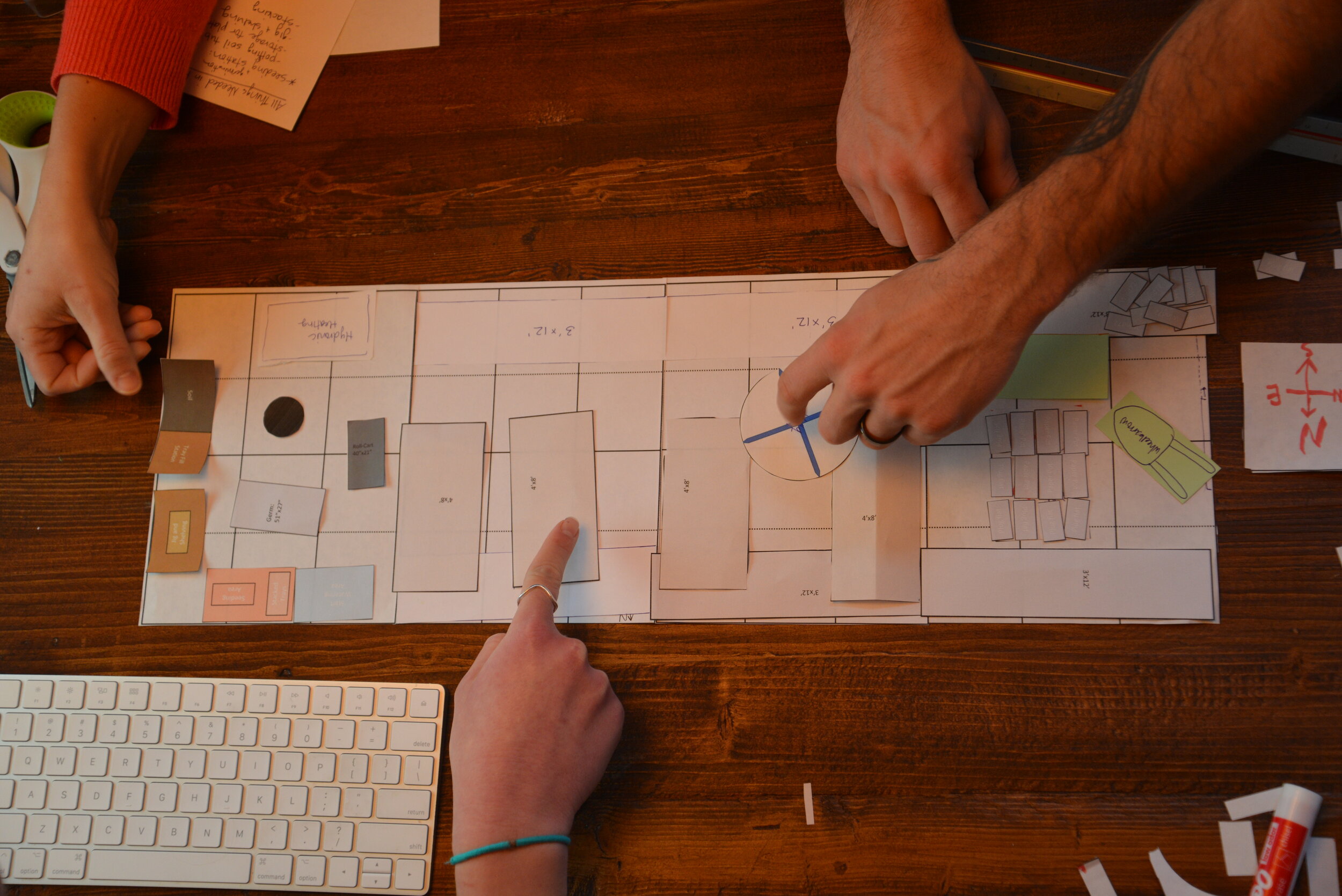Learnings at Wonka’s Harvest
Kelly Maroney | Community Coordinator
Are you a slinky, paperclip, magnifying glass, or teddy bear?
This is a child-friendly version of the adult Enneagram®, StrengthFinders®, or any of the other popular personality inventories out there. As a former classroom teacher of middle school students, this was one of my favorite activities that I would conduct at the beginning of the school year with the students. Every person has natural strengths, right? I wanted students to have the time and space to explore their own and each other’s abilities. After hanging construction paper up in each corner with an image and description of each learning type, students gravitated toward the one that they felt mostly aligned with. Of course, as complex human-beings, we don’t each fit exactly into one box, so I encouraged students to choose the one they feel most comfortable describing themselves as. Once the deliberations concluded, I’d hear exclamations like, “You always fix the stapler when it’s broken; you’re totally a magnifying glass!” or “You’re really good at art; it makes sense you’re a slinky!” The teddy bears would be chatting up a storm and hugging each other, while paper clips would wait quietly for the next instruction. The best part of this activity for me, as the teacher of a classroom of 25 different people who needed to spend the year learning together, was the next step. I inquired, “If you were the teacher and needed to make groups for the next group project, what might you do, now knowing about each other’s learning styles?” The students’ answers demonstrated a deep respect for one another. We all learn and operate differently, which can cause some challenges when working together, but it’s what we uniquely bring to the table that greatly benefits the whole.
So what does this have to do with farming? Here at Wonka’s Harvest, our team is fortunate to possess a variety of learning and working styles and skills as we embark on our first growing season this year. In this blog post, I wanted to share a little about our own strengths that contribute to Wonka’s Harvest, as well as what (and how) we have learned during our transition from living and working in the Twin Cities to starting a farm in rural Wisconsin. And last, but most definitely not least, we wanted to thank the many folks who have given us their time and talents to help guide us in this journey so far.
Meet Your Slinky, Paperclip, Magnifying Glass, and Teddy Bear Farmers
Ky is a self-proclaimed magnifying glass. He is a lover of spreadsheets and data, rulers and fine-point pens. It makes sense that he studied chemical engineering and computer science and worked at Boston Scientific as an engineer before co-founding Wonka’s Harvest. His counter arguments are always worth considering and explorations of all facets of the project at hand are warranted. Ky has taken on larger problem-solving projects, such as the electrical, well, and refrigeration and storage. These are critical parts of the farm that we wouldn’t have without Ky’s careful attention and dedication.
In addition to Ky, Jack also has attributes of the magnifying glass, as he is able to take apart and put together machinery and tools. He problem-solved many tractor issues, while also taught himself how to design and construct two small shelters for @madisoncommunityfridges. Jack is also a self-proclaimed slinky. He is skilled at thinking outside of the box and jumping into a project. The “doing” is how Jack operates best. Coupling his go-get-em style with his prior knowledge and experience in a variety of farming (in differing climates and missions, including indoor hydroponics), Jack is a huge asset to Wonka’s Harvest as our Farm Systems Specialist.
I (Kelly) mostly align with the teddy bear, though I am also a paperclip by nature. My official title at Wonka’s Harvest is Community Coordinator, but during this first growing season, there is much to do in order to get us up and running, so I have been “Helper of All Things Farming” in the meanwhile. As a teddy bear, I am happy to contribute wherever is needed. Prior to this experience, I taught middle schoolers in the classroom, so my skills span wide in organizational, working with people, and seeing potential in all, which will benefit Wonka’s Harvest as we grow. I look forward to continuing to connect with local farmers, organizations, and community members to make this farm to be a place to gather, learn from nature, and eat good food.
Mika is our Sustainable Mushroom Cultivation Consultant, among other titles on the farm. Her background in environmental sciences, experience with working a season at Plowshares and Prairie organic farm, and her discovery of a mushroom species (!) make her a valuable addition to Wonka's Harvest. As a self-described slinky, Mika is skilled at abstract thinking. She enjoys developing systems in environmental and work settings by considering the inputs, outputs, and other various components that make a whole. Mika is also a teddy bear, as she works well in groups and successfully sold Oster & King cultivated mushrooms at farmers markets in Vancouver prior to joining our farm.
We are fortunate to have Patty as majority owner, because she seems to have a hand in all learning styles. She is the powerhouse behind Wonka’s Harvest. The slinky side of her allows her to take risks, make decisions quickly, and juggle all of the happenings on the farm. She is the reason we have two adorable donkeys, bees arriving this spring for two hives, and 90 varieties of vegetable, flower, and herb seeds to plant! Her paperclip skills keep our new CSA members, material and seed ordering, marketing content, and other logistical tasks all in line. As a teddy bear, Patty has made new connections through the Soil Sisters, a local woman-owned farm organization, as well as reconnected with Madison-area folks whom she grew up with. The magnifying glass in her shines through when she thinks critically about each aspect of the farm in order to make it the best Wonka’s Harvest that we can be, keeping our mission “to nurture the grounds for all living communities” in the forefront. She really does possess a wide variety of skills that make her a strategic, trustworthy, empathetic, and delightful business owner and dreamer.
Shariwa is our talented Creative Consultant. She is responsible for our website design, the Wonka’s Harvest logo, and the interactive map on our homepage with original artwork by Shariwa herself. Her background is extensive in the arts and sciences, making Shariwa a natural slinky and magnifying glass. Shariwa also possesses strengths as a teddy bear and paperclip, as she is the easiest and most pleasant person to talk to, as well as very organized! We are very lucky to have had her help develop Wonka’s Harvest and congratulate her as she was accepted into Cornell’s Nutrition PhD program! Way to go, Shariwa!
Wonka (and newest addition: meet Barry!) possess many strengths that contribute to Wonka’s Harvest. Wonka is a paperclip, as he is very good at following the rules, knowing when it’s dinnertime, and keeping his nails trimmed and paws clean. He is a constant reminder that it’s important to slow down and enjoy the small things in life. Barry is a slinky. He likes to go out on his own to seek adventures (even when he knows he’s not supposed to). He is our reminder to let loose, be a little rambunctious, and have some fun once in a while.
So, with all of our varying learning preferences, backgrounds, and strengths, we have been fortunate to have had the time and resources to create Wonka’s Harvest as we prepare for our first growing season. We read books, connected with many different farmers, took courses, joined organizations, volunteered, and came together as a team to discuss, research, plan, create and repeat.
Most recently, we came up with ways to organize and plan our crops. Unless you’ve done it before, planning for your first year growing a diverse variety of produce is extremely complex. We now have so much more appreciation for the hard work in thinking that farmers do before the hard work of doing the actual farming. Things that we needed to consider simultaneously when planning included, but is likely not limited to: number of people you want to feed, how much space you have, percentage of yield that may fail for a variety of reasons, how many seeds you need to purchase, choosing from the hundreds of varieties of vegetables you want to grow, your zone, companion planting, using beneficial plants, herbs, flowers, and insects to help with weed and pest control, irrigation, trellising, days it takes for plants to mature, which plants need to be transplanted instead of planting directly into the ground, bed spacing, which plants can be harvested multiple times (cut and come again or indeterminate) vs. need to be taken out and replanted, and the list goes on!
Our minds stretched and expanded. The slinkies, magnifying glasses, teddy bears, and paperclips worked together by creating spreadsheets to collect data, as well as a hands-on and visual model of our growing space with cut-outs of beds for each of our plants, color coded by family. We used similar hands-on visual tools when designing our propagation greenhouse hoop house and barn space for our wash, packaging, and storing stations.
We are so grateful for this wintertime to plan with one another, but we couldn’t have done it without the farmers and others who have been helping us along the way! We’d like to give a cheerful shout-out to those wonderful folks and organizations who have provided resources, knowledge, advice, and encouragement thus far. These folks are passionate about providing more access to local food and products to others and making small farm businesses an economical occupation, all while caring for the community and environment.
Check out this blog post for our “Shout Outs”!
What we’ve picked up about farm-life so far (big and small):
(Note: seasoned farmers may find this comical)
Wifi and cell service just don’t always work, and there’s nothin’ you can do about it
the difference between straw and hay
we’re outside the restaurant delivery range (yes, we looked, just to be sure!)
receiving deliveries in the wintertime means figuring out how to get very large and heavy items from the drop point on the country road up a half a mile to the barn
chickens are not clean animals (but we love them anyway)
crop planning is C-O-M-P-L-I-C-A-T-E-D
neighbors are always willing to lend a hand (and thank yous are paid by cured meats or a pie)
Packer games are played on the loudspeaker in grocery stores on game day (Go Pack Go!)
being a farmer isn’t just about planting and harvesting- farmers need to be skilled in business and marketing, construction, ecology and biology (and a lot of other -ologies), and much more!
an abundance of opportunities are available to connect with local farmers, of whom have been more than willing to share their knowledge with us. We are so grateful.
a walk down the long driveway to the mailbox is our version of “goin’ out”
our bi-monthly garbage and recycling day is a big deal (we only missed it once and we’ll never forget it again)
I witness my domesticated dog be the wild canine he is on the farm
morning and evening commutes in traffic are replaced with walks observing nature’s phenomena (one of my favorite perks)
the weather app is our most opened app on our phone
the learning never stops!
we are grateful to be here and are anxiously awaiting to start growing for you!












